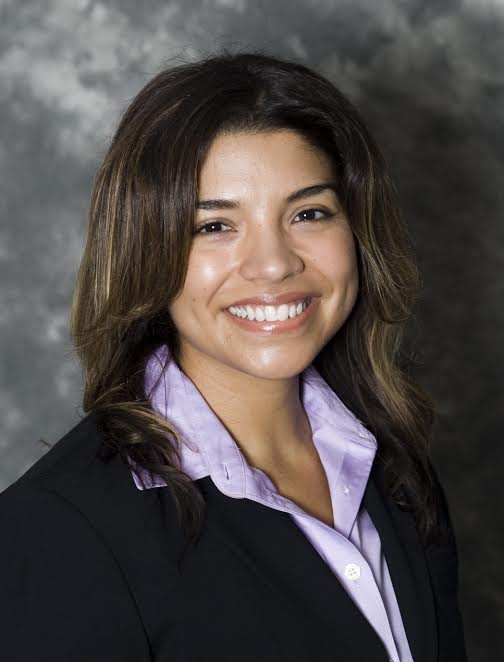Starting your own business is no small task. Nati Rodriguez, an education evangelist for Teen Startup Academy,  helps students do just that!
helps students do just that!
What does an education evangelist do?
I have a background in education and I’ve been part of the traditional educational system. The reason I identify as an education evangelist is because I want to bring different models of teaching to our K-12 system so that students are discovering what they want to do in the world at an earlier age.
As an educator, do you find it important for students to “successfully fail?”
Yes, and the sooner, the better! Part of Teen Startup Academy is to try out ideas. I think that as we get older, we start trying to fit a mold that society is expecting us to pursue and we are less likely to take risks. It is important to make mistakes, learn from them, and move onto the next thing.
Could you tell us more about Teen Startup Academy? What inspired you to get involved in this program?
Teen Startup Academy, an after school business accelerator for teens, is a combination of all of my interests. I knew that I wanted to start an educational organization, but, I didn’t know what it would look like. K-12 is definitely where my passion lies, and I had just finished business school, so it made sense for me to look into entrepreneurship and creating something with students. In the program students have to be confident in what they are selling and their ideas. Students at Teen Startup Academy work with adults and other entrepreneurs, which gives them exposure to people that are in the industry. Teen Startup Academy participants are getting something that they are not getting in their traditional school system. The program brings a different lens through which students can view a potential creative path. Teen Startup Academy promotes a mentality that allows students to keep their eyes open in order to find problems to solve in their world.
What advice do you have for girls interested in fields dominated by men?
I’d say to stick with it. I think that there is a lot of power in not being the majority. I think women bring a different perspective. There is a need for females in the STEM and business world, so sticking with it and looking for ventures in those industries is something every female should do when pursuing careers in these spaces.
As an educator, can you please talk about an incident/incidents that has profoundly impacted you?
My first couple of years teaching were quite challenging and had a huge impact in that it made me realize that I wanted to help students. I think what was challenging was not feeling empowered to impact more students at a faster pace. I’m working now with Teen Startup Academy and MakerSquare, which is an immersive coding program; both programs move very quickly. Students cycle through frequently and they get a lot out of these transformational programs. In the environment where I was teaching, you are with students for a whole calendar year and it’s hard to see them shift. Students come into these programs unsure of themselves and they don’t really know what they are getting into. By the end they’re commanding a stage, have a product, and are talking confidently to adults and to a whole room full of people and investors. To see that change in just a few weeks is incredible.
You serve on the board of STEMed in Texas. What compels you to work with nonprofit organizations?
A big part of my life and a common thread as an adult is service and being able to use my skills to help others. When I left teaching to go into private industry, I still volunteered and tutored. I wanted to make sure that the training that I had was being used and that I could do it in a volunteer capacity. When I was in business school, I was looking for a nonprofit and I wanted to work with nonprofits that were at the intersection of things that I enjoyed. I’m from Texas and my being involved in STEM programs from a really young age is what set me on the path to go to Stanford. Being able to be back in my home territory and establish an organization that’s going to have the same impact that many nonprofit organizations had on me was really important. Although I’m not living in Texas anymore, I’m still on the board of STEMed Labs and advise them as much as I can, given my experience with Teen Startup Academy and my knowledge of the communities they work with in Texas.
What is one of the main lessons you have learned from your job as an education evangelist?
One of the main lessons I have learned from my job at Teen Startup Academy also happens to be our big motto which is “solve your own problem.”
Contributor: Keerthi Jayaraman


Comments (0)